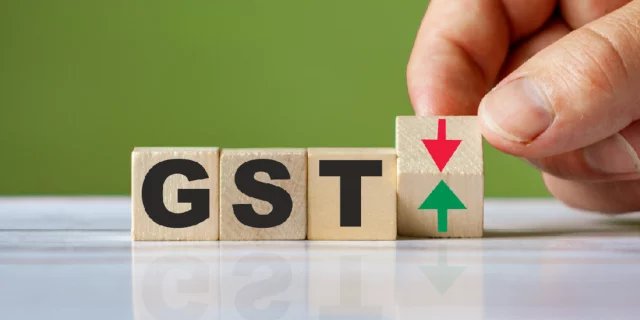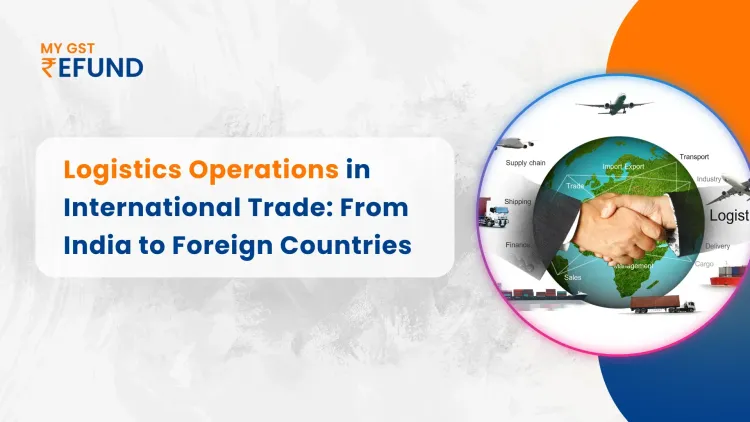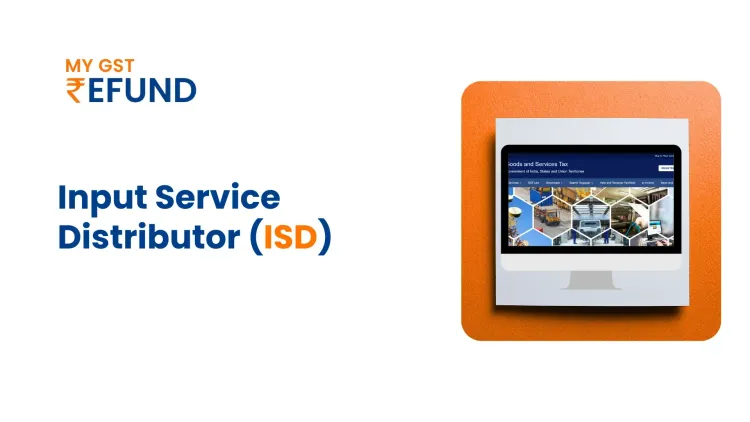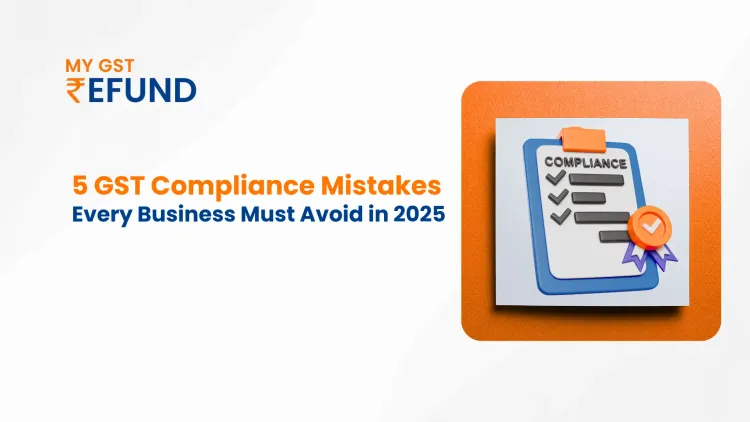Online gaming companies fear repetitive taxation, seek clarity
Published on: Thu Jul 20 2023
Online gaming companies are expressing deep concern over the potential impact of repetitive taxation, fearing it could deliver a fatal blow to their industry. The GST Council’s announcement of a 28% goods and services tax on the gaming sector has raised alarm bells, as it could lead to a burdensome indirect tax burden of 50-60% on gamers. This tax burden arises from the fact that players often use their winnings to enter new games, which are then taxed again, creating a chain of levies.

Industry executives are united in their worry, emphasizing that such a tax structure could severely hamper user engagement with gaming platforms. Roland Landers, CEO of All India Gaming Federation, representing major companies like Mobile Premier League, Zupee, and Gameskraft, warns that the cost per game may become prohibitive, potentially driving players to illegal offshore gambling websites.
Moreover, the imposition of GST on every game entry raises concerns about the viability of Indian online gaming companies, making them unattractive to investors. To address these anxieties, companies have approached government officials. The finance ministry has promised to keep the taxation simple and less complicated, acknowledging the industry’s concerns.
Comparisons have been drawn between online gaming and casinos, with suggestions that the taxation for online gaming may end up being even higher than that of casinos. The prevailing sentiment is that the tax should be based on the number of times a user participates in games, rather than applying it to each entry, as repetitive taxation goes against the essence of GST’s simplified indirect tax framework.
Also Read: 28% tax on online gaming, casinos and horse-racing
One gaming industry executive asserts that this form of taxation could impact players’ net winnings and potentially drive them towards illegal platforms with better returns. As India boasts an estimated 400 million online gaming users, the concerns about repetitive taxation loom large.
Industry insiders reveal that players typically reinvest their winnings in new contests, which exacerbates the repetitive tax issue. For example, if a player enters with an initial deposit of Rs 100, which incurs Rs 22 in tax and assumes a platform fee of Rs 12, winning back the initial Rs 66 will be taxed again at Rs 18 when playing another game.
While the industry acknowledges the government’s intent to collect taxes on each transaction, they highlight the issue of repeatedly taxing the same rupee, resulting in an effective tax rate of 50-60% on player funds.
The industry hopes for a review of the tax structure but realizes that it might not happen anytime soon. Nevertheless, they remain willing to pay a 28% tax on the full value, as long as the repetitive element is addressed. Until then, the fear remains that players may reduce their participation in contests due to the tax burden.
At the time of writing, no response has been received from industry associations E-Gaming Federation (EGF) and Federation of India Fantasy Sports (FIFS) regarding these concerns.
Are you Looking for GST Refund Service? MYGST REFUND offers GST refunds on business, Refund for exporters , TCS And TDS refund, Refund under Inverted Duty Structure, GST Notices & Technical Replies and many more if your GST application is rejected. Get in touch with us today.
Related Posts





